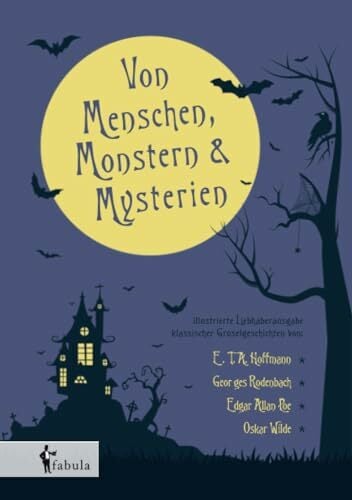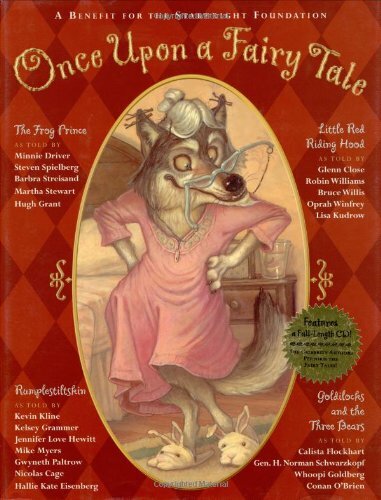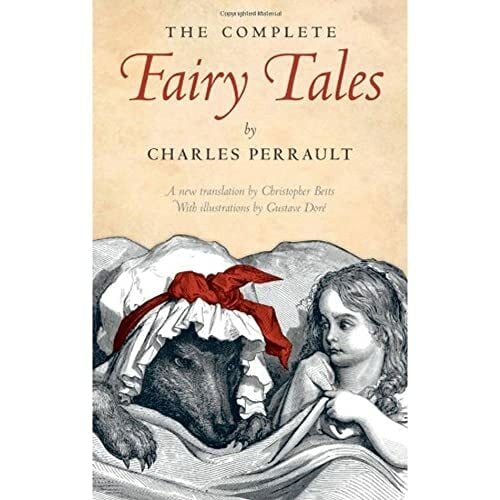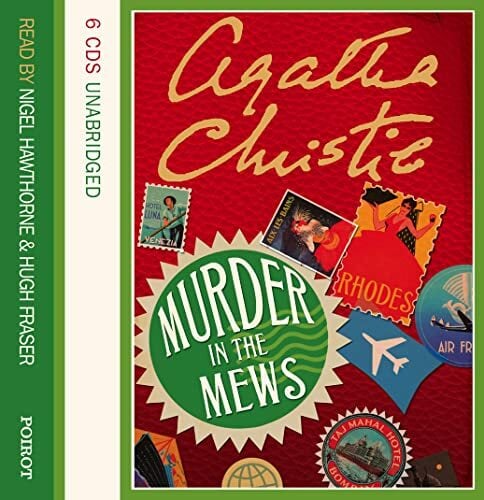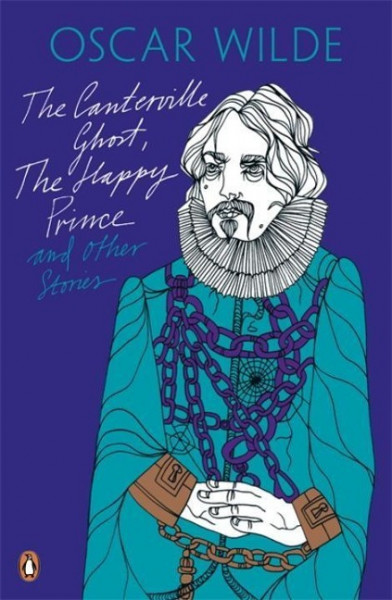
The Canterville Ghost, The Happy Prince and Other Stories
Kurzinformation
inkl. MwSt. Versandinformationen
Artikel zZt. nicht lieferbar
Artikel zZt. nicht lieferbar

Beschreibung
Wit, intellectual, aesthete and raconteur, Oscar Wilde was born in Dublin in 1854. His writing - including children's stories, poetry, philosophical essays, a novel and several hugely popular plays - made him the greatest celebrity of his day, and he remains one of the world's most frequently-quoted and well-loved writers. von Wilde, Oscar
Produktdetails

So garantieren wir Dir zu jeder Zeit Premiumqualität.
Über den Autor
Oscar Fingal O'Flahertie Wills Wilde was born in Dublin in 1854. He went to Trinity College, Dublin and then to Magdalen College, Oxford, where he began to propagandize the new Aesthetic (or 'Art for Art's Sake') Movement.Despite winning a first and the Newdigate Prize for Poetry, Wilde failed to obtain an Oxford scholarship, and was forced to earn a living by lecturing and writing for periodicals. After his marriage to Constance Lloyd in 1884, he tried to establish himself as a writer, but with little initial success. However, his three volumes of short fiction, The Happy Prince (1888), Lord Arthur Savile's Crime (1891) and A House of Pomegranates (1891), together with his only novel, The Picture of Dorian Gray (1891), gradually won him a reputation as a modern writer with an original talent, a reputation confirmed and enhanced by the phenomenal success of his Society Comedies - Lady Windermere's Fan, A Woman of No Importance, An Ideal Husband and The Importance of Being Earnest, all performed on the West End stage between 1892 and 1895.Success, however, was short-lived. In 1891 Wilde had met and fallen extravagantly in love with Lord Alfred Douglas. In 1895, when his success as a dramatist was at its height, Wilde brought an unsuccessful libel action against Douglas's father, the Marquess of Queensberry. Wilde lost the case and two trials later was sentenced to two years' imprisonment for acts of gross indecency. As a result of this experience he wrote The Ballad of Reading Gaol. He was released from prison in 1897 and went into an immediate self-imposed exile on the Continent. He died in Paris in ignominy in 1900.
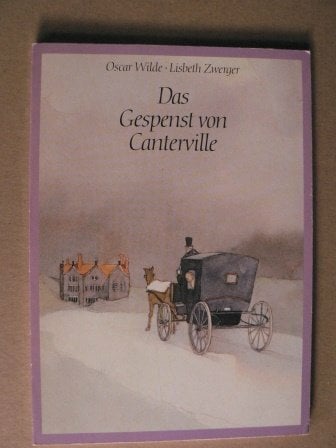
- Taschenbuch
- 64 Seiten
- Erschienen 1995
- dtv Verlagsgesellschaft mbH...
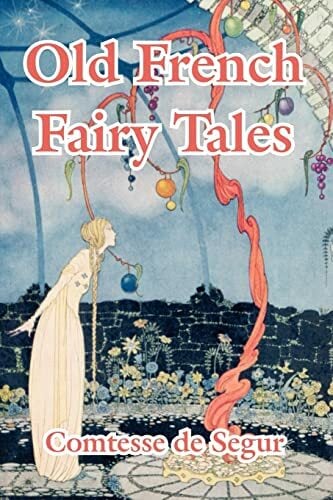
- paperback
- 292 Seiten
- Erschienen 2004
- Fredonia Books (NL)

- Kartoniert
- 256 Seiten
- Erschienen 2007
- Bloomsbury Publishing

- Kartoniert
- 560 Seiten
- Erschienen 2003
- Penguin Classics

- paperback
- 580 Seiten
- Erschienen 2019
- e-artnow

- Gebunden
- 200 Seiten
- Erschienen 2022
- Kein & Aber

- paperback -
- Erschienen 1990
- Joshua Morris Pub













